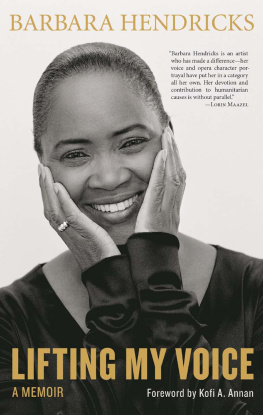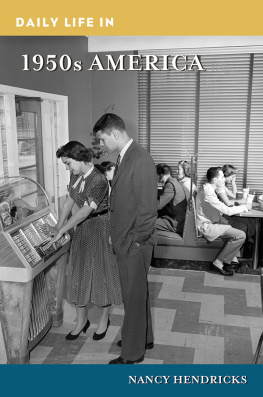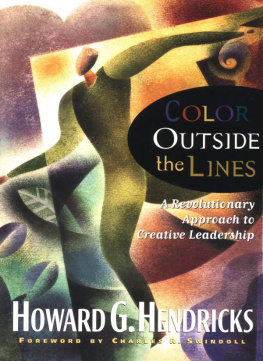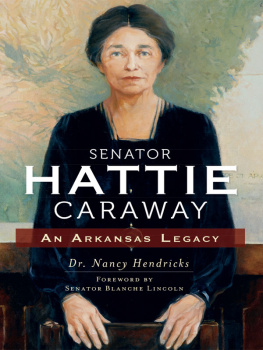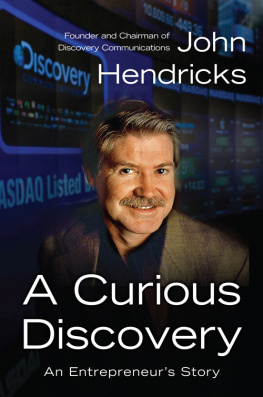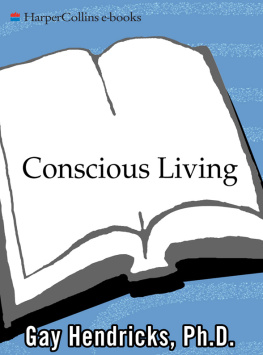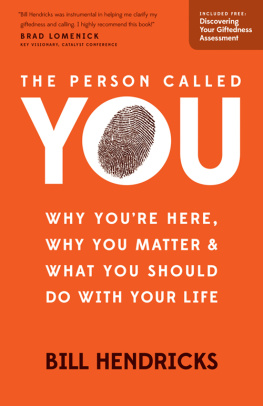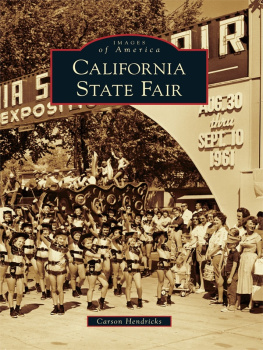S INCE HER DEBUT IN 1974, BARBARA HENDRICKS has showcased her vast repertoire in opera performances, recitals, orchestral concerts, and with jazz and blues ensembles. She has sold fourteen million albums of nearly one hundred recordings, and in 2006 founded her own record label, Arte Verum. She has sung with the worlds major orchestras and conductors, including Herbert von Karajan, Claudio Abbado, Sir Georg Solti, Lorin Maazel, Zubin Mehta, and Riccardo Muti, receiving widespread critical acclaim for the beauty of her voice and the intelligence of her artistry.
As an African American growing up in segregated Arkansas in the 1950s, Hendricks witnessed firsthand the painful struggle for civil rights. The daughter of a Methodist minister and a schoolteacher who struggled to make ends meet, she sang in church and school choirs from an early age, then pursued studies in science. But in 1968 she received a scholarship to the Aspen Music School to study with the great mezzo-soprano Jennie Tourel, who invited her to attend the Juilliard School, changing the direction of her life. And shortly after her graduation, she won a number of important international prizes.
Lifting My Voice takes us on a remarkable and inspiring journey as we follow Barbara from singing spirituals in her fathers rural churches to the stages of the most prestigious opera houses, concert halls, and festivals in the world. She speaks to us open-heartedly about raising a family, love, and friendship; and she raises the curtain on her experiences with the greatest musicians of her timeJennie Tourel, Leonard Bernstein, Yo-Yo Ma, Radu Lupu, Quincy Jones, and Maria Callas.
In September 1957, Barbara watched the Little Rock Nine try to enter Central High School not far from where she lived. This changed how she saw herself and her world, and forced her to ask, How can we live in harmony together? At that moment, one of the worlds staunchest human rights activists was born. In 1986, the UN Refugee Agency (UNHCR) asked her to be an advocate for refugees; here she introduces us to survivors of Cambodias killing fields and the Rwandan genocide. We run with her through snipers alley in Sarajevo under siege and sit with her through the inauguration of Nelson Mandela and the independence of East Timor.
Hendricks has always been down-to-earth and straightforwardbeloved by audiences and appreciated by her colleagues. Lifting My Voice, her long-awaited memoir, is a warm, engaging, and honest self-portrait of a singular woman who has always listened to her inner voice and gone her own way as a wife, mother, artist, and citizen.

Jacket design: Jonathan Hahn
Cover photo: Denise Grnstein
PRINTED IN THE UNITED STATES OF AMERICA

Copyright 2014 by Barbara Hendricks
Foreword copyright 2014 by Kofi A. Annan
All rights reserved
Published by Chicago Review Press, Incorporated
814 North Franklin Street
Chicago, Illinois 60610
ISBN 978-1-61374-852-7
Library of Congress Cataloging-in-Publication Data
Hendricks, Barbara.
Lifting my voice : a memoir / Barbara Hendricks.
pages cm
Includes index.
ISBN 978-1-61374-852-7 (cloth)
1. Hendricks, Barbara. 2. Sopranos (Singers)Biography. I. Title.
ML420.H3728A3 2014
782.1092dc23
[B]
2013037625
Interior design: PerfecType, Nashville, TN
Printed in the United States of America
5 4 3 2 1
To my parents
To Sebastian, Jennie, and Malcolm
To Ulf, the light in my life that illuminates my soul
Negro National Anthem
Lift every voice and sing, till earth and Heaven ring,
Ring with the harmonies of liberty;
Let our rejoicing rise, high as the listening skies,
Let it resound loud as the rolling sea.
James Weldon Johnson
CONTENTS
Index
FOREWORD
O n November 20, 1948, when Barbara Hendrickss voice was heard for the first time on a rural farm in Stephens, Arkansas, her mother, Della, and her grandmother, Tumaie, could not have imagined the path that her life would take and where it would lead.
Her birth preceded by almost a month the proclamation by the United Nations General Assembly of the Universal Declaration of Human Rights, and she was born in a state in America where the Jim Crow laws, the model for the apartheid laws in South Africa, were the law of the land. As Barbara says, for all intents and purposes I was born a refugee in my own countryborn without the same protection under the law that the Constitution afforded every white girl born that day.
Barbaras voice has undoubtedly shaped her life. She began to sing in her fathers church as soon as she could speak and her first repertoire was Negro spirituals, the music of the slaves with their roots in Africa and an expression of their suffering and hope for freedom.
Since then, Barbara has enjoyed a remarkable career that has taken her around the globe singing a repertoire that spans five centuries: opera roles, orchestral song, Negro spirituals, jazz, and blues. Today, Barbara claims to experience even more joy when singing than she did as a little girl singing a cappella in her fathers rural church, because she is aware of the humility needed to serve her art whenever and wherever she sings.
Since I have known Barbara Hendricks, she has also used her voice to shape the lives of others and taken her responsibility as a citizen very seriously. For Barbara, her artistic engagement and her humanitarian engagement are one and the same; she believes that the place where Art vibrates in us is the same place from which the Universal Declaration of Human Rights has sprung.
I have been moved by Barbaras singing on a number of occasions; she seemed to have read my mind at the Nobel Peace Prize ceremony in 2001 when she sang, Sometimes I feel like a motherless child, just before my acceptance speech, which began: Today in Afghanistan, a girl will be born. And I will never forget her moving tribute after the deadly attack on the UN headquarters in Iraq that killed twenty-two of our most dedicated colleagues, including our close friend, Sergio Vieira de Mello, in August 2003.
She has sung for children in the ghettos of New York City, and over the twenty-six years that she has served as Goodwill Ambassador for the UN Refugee Agency (UNHCR), Barbara has comforted refugee children from Cambodia and Bosnia to Rwanda and Mali. Her commitment to the refugee cause and to the ideal of the United Nations working together for a better world is unwavering. Her dedication to the plight of millions of refugees by visiting camps, actively raising awareness, and providing the most passionate of voices for those who are forced to flee is an example to us all.
She has lifted her voice in song on the most prestigious stages of the world, in the cathedral of Dubrovnik under siege, and she lifts her voice in indignation against injustice and in defense of human rights. Her life has been fueled by an insatiable curiosity, a search for truth, and a willingness to serve. Through her work, Barbara has become a symbol of hope for millions.
K OFI A. A NNAN
I learned that courage was not the absence of fear, but the triumph over it. The brave man is not he who does not feel afraid, but he who conquers that fear.
Nelson Mandela
I n 1948, Burma became a member of the UN, the Berlin Blockade started, and newly elected Prime Minister Daniel Franois Malan of South Africa began the apartheid era. In Montreux, Switzerland, the town where I would later live and raise my children, on September 20, Richard Strauss completed September, the last song of his musical testament,
Next page
